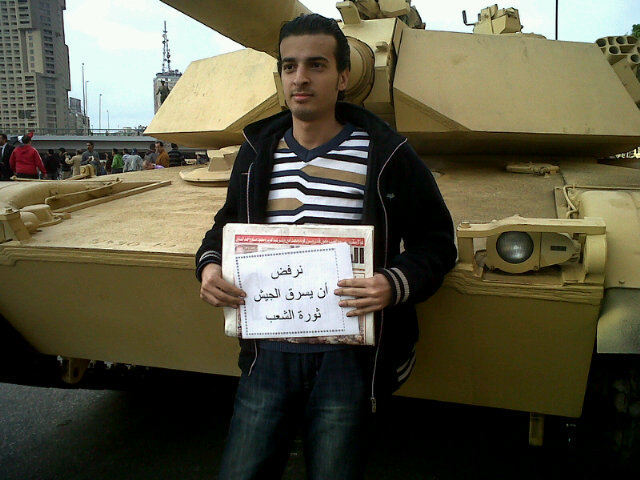11 Oct 2011 | Index Index, minipost
An Italian writer who exposed the violent world of the Naples Mafia was awarded a major free-speech prize yesterday. Roberto Saviano was awarded the Pen/Pinter International Writer of Courage prize, to share with British playwright David Hare. Saviano’s book, “Gomorrah”, which was published in 2006, exposed Naples’ criminal underworld, and the publication of the book led to death threats to the writer, who was forced to go into hiding. Saviano did not attend the ceremony, but sent a message expressing his gratitude “to those who made it possible that my words became dangerous for certain powers that need silence and shade.”
11 Oct 2011 | Index Index, Middle East and North Africa, minipost
Hundreds of protesters have attacked a private television company in Tunisia in protest over the broadcast of the award winning film “Persepolis.” The protesters, who believe that the animated film denigrates Islam, attacked the TV station Nessma in Tunisia’s capital on Sunday. Police used tear gas to disperse the crowd and made 40 arrests. The film, which is about the 1979 Iranian revolution, was aired on Friday. Following the broadcast, according to Nebil Karoui, the head of Nessma, messages appeared on Facebook calling for the station to be burned down and its journalists killed.
11 Oct 2011 | Digital Freedom, Magazine, News and features, United Kingdom
 David Cameron has announced plans to block access to pornography online, with providers offering the choice to turn on a filter.
David Cameron has announced plans to block access to pornography online, with providers offering the choice to turn on a filter.
In a 2009 edition of Index on Censorship magazine Seth Finkelstein examines how indiscriminate blocking systems can be a source of censorship
(more…)
11 Oct 2011 | Egypt, Middle East and North Africa
Maikel Nabil Sanad is today entering his 50th day of hunger strike. The Egyptian blogger has been abstaining from food since 23 August in protest of a three-year sentence handed to him by a military court on charges of “insulting the armed forces” and “spreading false news” in a blog post published last March.
Sanad had accused the Egyptian military of having conducted virginity tests on female protesters earlier that month — a charge that a senior military general later admitted was true. He had been handed the sentence after being tried in a martial court where, according to his younger brother Mark, “eyewitnesses were barred from testifying in the case.”

Maikel Nabil Sanad in Tahrir Square, Cairo on 30 January. Photo uploaded by Mena Nader on Yfrog
Journalist Shahira Amin visited him at the start of October, when he weighed 48 kilograms after having shed 12 kilograms since the start of his strike. “I’d rather die than live as a slave without dignity under an oppressive regime,” he explained to her.
Amin added that Sanad’s family fears he may not survive until his appeal hearing scheduled for today. The hearing had originally been set to take place on 4 October — the 43rd day of his hunger strike — but was adjourned until 11 October after a judge said that documents were “missing from the courtroom.”
Last week, the UK’s Minister for the Middle East and North Africa, Alistair Burt, expressed concern about Sanad’s situation. In a statement Burt said,
We have raised concerns about Maikel Nabil Sanad’s treatment as well as the issue of trials of civilians in military courts and the continued State of Emergency with the Egyptian authorities. We continue to urge the Egyptian authorities to repeal the emergency law.
Freedom of expression, including freedom of the media, is fundamental to building a democratic society and we will continue to follow the human rights situation in Egypt closely.


